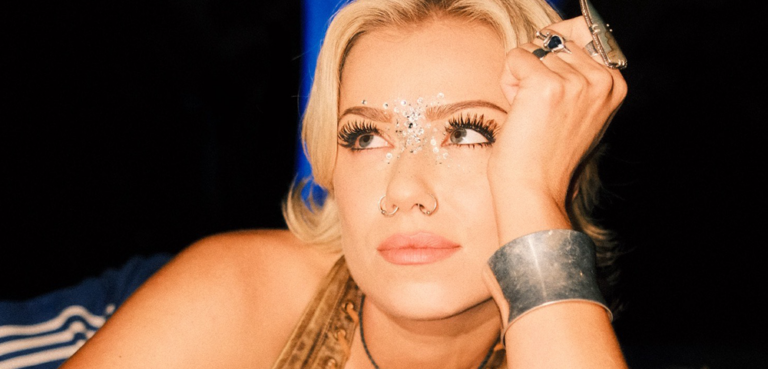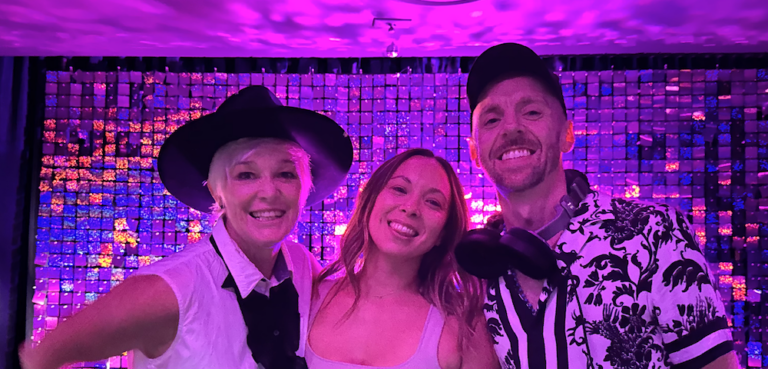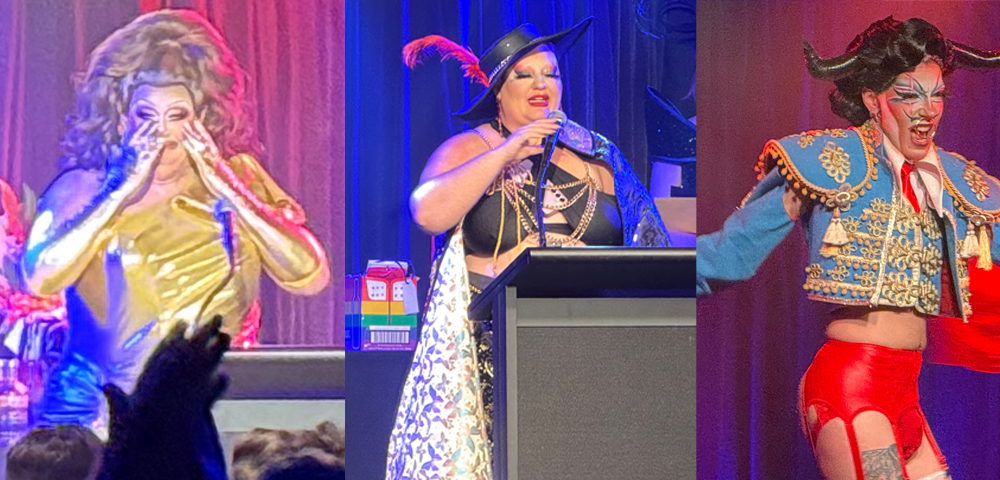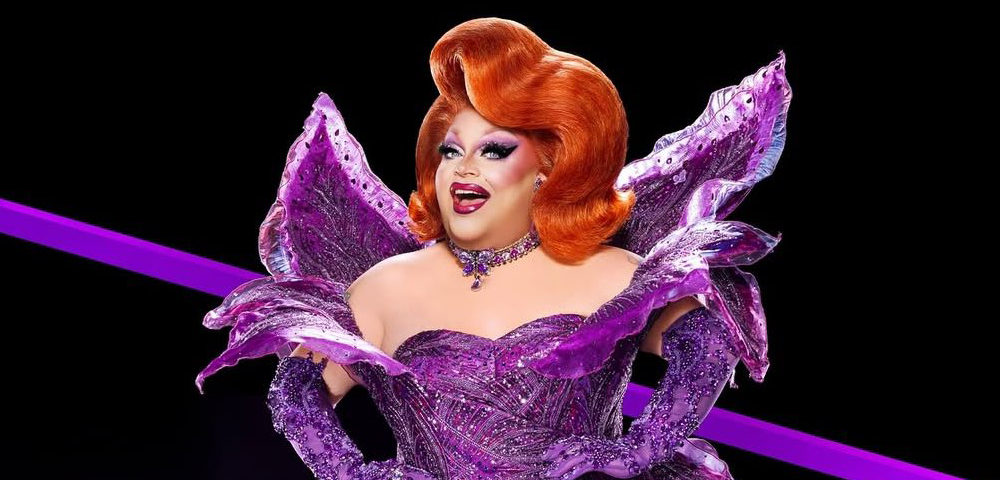
May the Force be with us
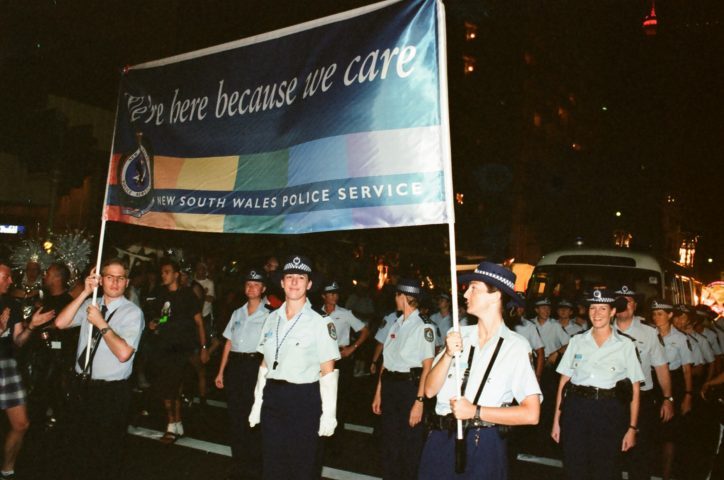
By Max Tillman
The Assistant Commissioner of the NSW Police Force, Gelina Talbot, has cited changes in police training and a greater emphasis upon inclusivity as key developments in building a greater sense of trust and respect with the LGBTIQ community.
While acknowledging the sometimes ‘disappointing’ history between law enforcement and the LGBTIQ community, Assistant Commissioner Talbot believes that recognition of past mistakes is a vital step in building better attitudes towards policing.
“The leadership within the NSW Police Force is very understanding of the need for us to be reflective of the communities that we look after, including the LGBTIQ community,” the Assistant Commissioner said.
“I think it’s important that you always look at history to how we can make improvements in anything that we do. But you can’t hide from history. You have to accept that you have to apologise for it when we get it wrong. But also important is how we respond and make sure that we don’t repeat the past.”
Standing Together
While programs like Gay and Lesbian Liaison Officers (GLLO)- which celebrates its the thirtieth anniversary this year- have allowed for the LGBTIQ community to forge official relationships with the police, the Assistant Commissioner acknowledges that trust can only grow organically.
In conjunction with key stakeholders in the LGBTIQ community, the NSW Police Force plans to deliver an educational program for schools around the state in the coming months.

Entitled Standing Together, the program will be explore the relationship between the NSW Police and the LGBTIQ community from the first Mardi Gras Parade in 1978 to the present day.
“I know it will be a wonderful educational package that shows that the NSW Police Force is remorseful for how we dealt with so many things back then. But I think it’s also important to show how we have moved over that time to be more aware, to coordinate and be responsive to the needs of the LGBTQ community,” said Assistant Commissioner Talbot.
“Everything that we’re doing to make sure that we are involved in Mardi Gras, that we make sure it’s culturally sensitive and that we allow marchers to have the opportunities for celebration.”
Changes At The Academy
The changing attitudes towards this relationship have permeated into the NSW Police Force’s training for new recruits, with a greater emphasis upon inclusivity forming the cornerstone of a shift towards a more equitable relationship between members of the LGBTIQ community and those whose job it is to protect them.
“From the time of recruitment right through to becoming an officer, it is very much about treating people with respect, courtesy and fairness,” the Assistant Commissioner said.
“We currently have a mandatory training package that’s centred on LGBTIQ awareness and the history from 1978 through to the present day. It is designed for over 22,000 people, and by the end of June this year, every police officer and employee of the NSW Police force will have done that training.”
The Assistant Commissioner hopes this approach to training new recruits and current officers will allow for greater dialogue on what constitutes policing in 2020.
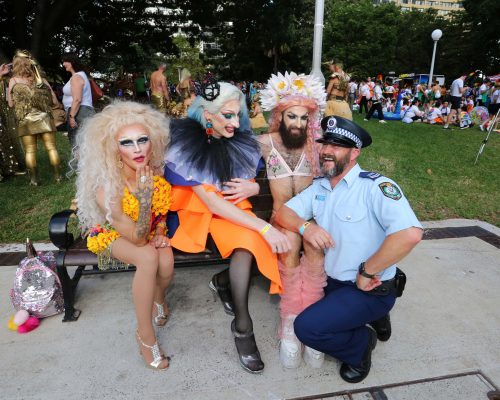
With greater concerns over what many critics believe to be an elevated number of drug-detection dogs and strip-searches at events across NSW, the Assistant Commissioner is conscious of the need to ensure the community has confidence that police are acting in accordance with the law at all times.
“It’s important that every police officer is held to account when they exercise their powers. Policing itself is only successful if the community accepts it,” the Assistant Commissioner said.
“Policing can’t be based on fear. It is based on a level of respect.”
